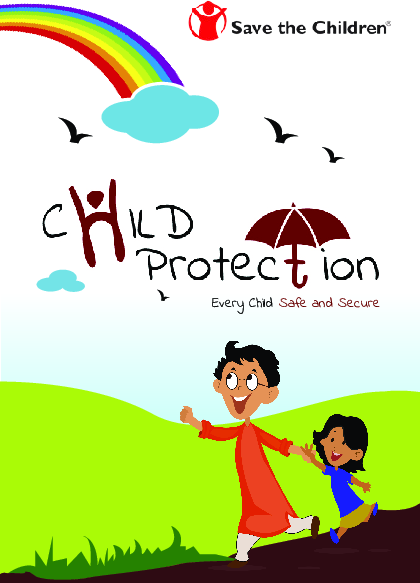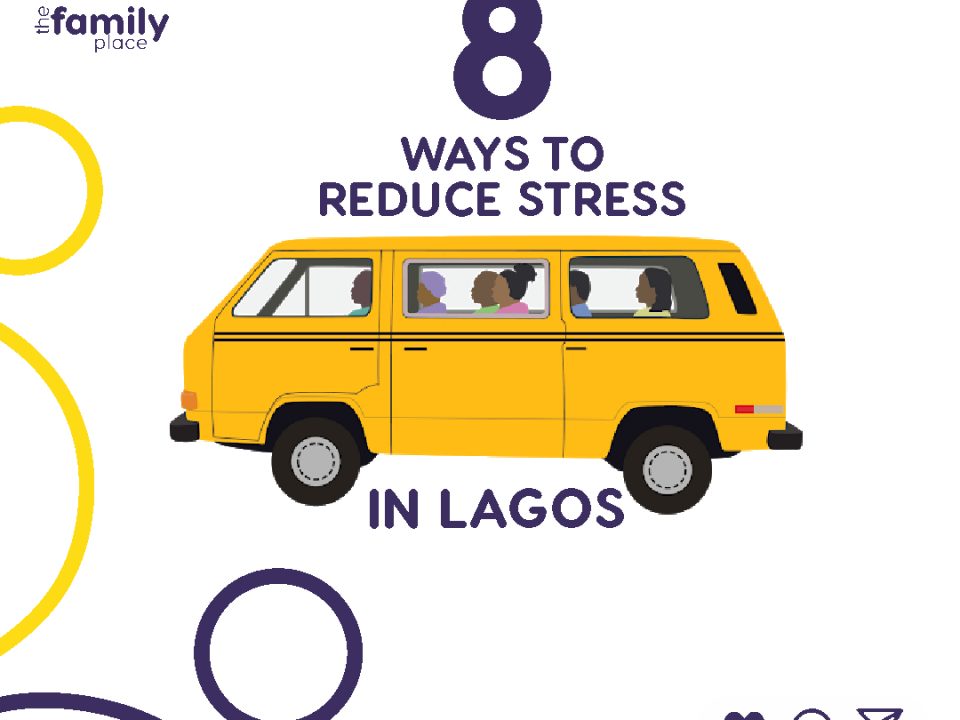Child-Protector: Are You Your Child’s Protector?

STRESS: 8 THINGS EVERY LAGOSIAN NEEDS TO COMBAT STRESS
April 19, 2021Are you living with a Familiar Stranger?
April 29, 2021Child-Protector: Are You Your Child’s Protector?
Parenting is the most tasking profession, as well as the most rewarding! It is not enough to father or mother a child, as custodians of these great gifts, it is important that you do all you can within your control to ensure their overall wellbeing and safety. As the popular saying goes, when the purpose is not known, abuse is inevitable. This applies to parenting as well. As a parent, if you do not understand the role you ought to play in your children’s lives, you are likely to make a mess of their lives. One of your major roles as a parent is that of a protector.

From the very moment, a child is conceived in the womb, the child needs to feel loved and safe. The mother’s moods and the energy surrounding the parents go a long way in informing the child’s impression of how safe the world is. It is important that as a parent you are intentional about creating positive energy in the home environment. Once that child is born, whatever impression the child had in the womb is further reinforced by the experience encountered within the home.
The first psychological task of the parent (child-protector) is to ensure that the child develops a healthy attachment style. When the parents are not responsive or emotionally available, the child develops an insecure attachment and becomes either extremely clingy or extremely detached. Not being emotionally available to your child is emotional abuse and is very detrimental to the health of the child. However, by responding to your child’s emotional needs, you help the child to see the world as a safe place, and a secure attachment is developed. Once this foundation is laid, the parent needs to ensure that the child continues to feel safe as he or she grows older.
To ensure your child’s safety, it is important to be intentional about protecting your child from every form of abuse; physical, verbal/emotional, and sexual. Be deliberate about your relationship with your spouse as well as your relationship with the child. When a toxic relationship exists between parents, even though the child is not directly involved, the child is affected and feels threatened. This constitutes emotional abuse. Watch the kind of things you say and be sure to use non-derogatory words in the home; always use positive words and when you must scold, address the inappropriate behavior and not the “person” of your child. Be careful not to discipline your child when you are angry, because you may end up inflicting physical and/or emotional pain that is not intended.
Also, you need to be mindful about the people you allow to hang around your child. Do not be overly trusting and leave your child in the care of just anyone; ensure that the person is well trusted, tried, and true. It is advisable to begin sex education as early as possible, using age-appropriate language and giving age-appropriate information. You need to teach your child the correct names for his/her private body parts and help them understand that they should not allow anybody touches those parts. Encourage the child to speak up if anyone ever attempts to touch him or her inappropriately. Once a child turns three, you should avoid dressing up in front of him or her; it may be a harmless act on your part, but it will not be the same for other adults that may have the intention of taking advantage of the child. In such cases, the child will not be able to discern; the child will think it is okay because mummy and daddy do the same. Pay attention to any talk from your child that reveals premature sexual understanding. By the age of four, you should teach your child how to clean his or her genitals. This is the perfect age for this because your child is at a stage where he/she wants to do everything by himself or herself. For information on how to teach this, please click on the links at the end of this post.

When it comes to outside relationships, be sure to be involved in your child’s activities and get to know his or her friends, as well as their parents. If your child says he or she does not want to be around a particular person, do not take it likely and be sure to ask follow-up questions. Listen to your child and let him or her know that you believe them. Do not hesitate to question the intentions of anyone who shows unusual interest in your child and pay attention to any unusual behaviour exhibited by your child and probe it. Ensure that your child’s school or day care authorities do not release your child to anyone else besides you or a designated party. Lastly, do not leave your child unattended to in public places and teach your child to say no to strangers!
The idea behind all this information is not to get you paranoid or overly protective as a parent but to help you up to your parenting game and encourage you to be more intentional and present in your child’s life. The kind of adult your child will grow to become is largely dependent on the experiences you make available to them; please let those experiences be pleasurable and memorable!
http://www.kidshealth.org.nz/foreskin-care
https://www.allthingsvagina.com/how-to-clean-a-childs-vulva-and-vagina/


